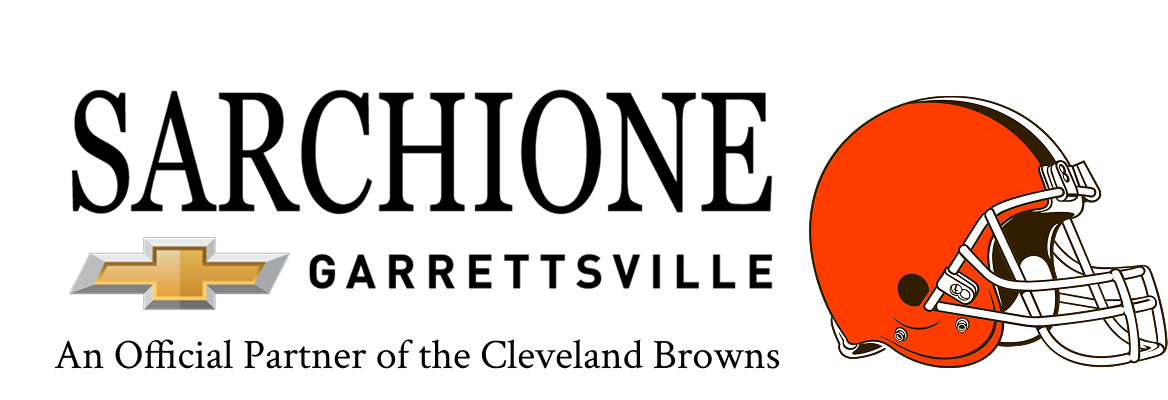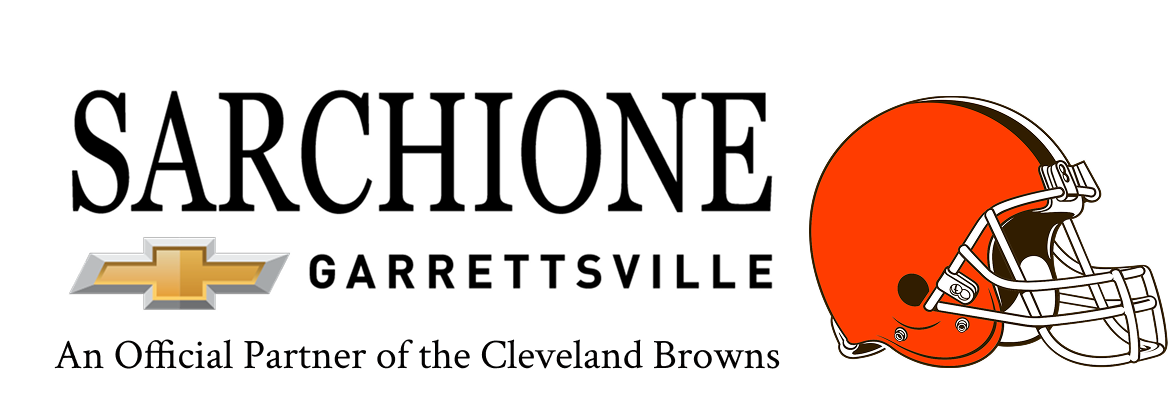Steering wheel vibrations can be more than just an annoying problem while driving—they can also be a sign that something’s wrong with your Chevy. If you've noticed that your steering wheel shakes at high speeds or when applying the brakes, it’s important to address the issue quickly to ensure your vehicle remains safe and performs properly.
In this article, we’ll explore the common causes behind steering wheel shaking in your Chevy, as well as how you can resolve these issues to enjoy a smoother and safer driving experience.
1. Unbalanced or Worn-Out Tires
One of the most common reasons for steering wheel shaking is unbalanced tires. When your tires are out of balance, they can cause uneven wear, which leads to vibrations that transfer to the steering wheel, especially when driving at higher speeds.
The shaking may be more noticeable when driving at highway speeds, and it can become worse over time if left unchecked. This issue can also occur if your tires are unevenly worn, which could be caused by improper inflation or misalignment. It’s a good idea to have your tires balanced and rotated regularly to avoid uneven wear and maintain smooth driving.
If you're unsure about the condition of your tires, visit Sarchione Chevrolet for a tire inspection or replacement. The experts there can check for wear, imbalance, or misalignment and get your tires back in good condition.
2. Brake Issues
Another common cause of steering wheel shaking is brake problems, especially if the shaking occurs when you apply the brakes. Warped brake rotors can cause a noticeable vibration through the steering wheel when you press down on the brake pedal. This happens because the uneven surface of the rotor makes it harder for the brake pads to grip properly, leading to a pulsing or shaking sensation in the steering wheel.
In some cases, brake pads that are worn out or improperly installed can also contribute to this issue. If you notice any shaking when braking, it’s crucial to have your brakes inspected and serviced as soon as possible.
You can visit Sarchione Chevrolet for a brake inspection, where their certified technicians will assess the condition of your brake pads, rotors, and other components to ensure safe braking performance.
3. Wheel Alignment Problems
A misaligned wheel can cause your steering wheel to shake, especially if you notice that your vehicle pulls to one side while driving. Misalignment can occur after hitting a pothole or curb or simply over time due to wear and tear on your suspension components. If your vehicle’s wheels aren’t properly aligned, it can lead to uneven tire wear, poor handling, and vibrations through the steering wheel.
Regular wheel alignment checks are important for your Chevy to ensure that your tires wear evenly and your vehicle handles as it should. If you're experiencing steering wheel shaking and suspect an alignment issue, schedule an appointment with Sarchione Chevrolet to get your wheels realigned.
4. Suspension Issues
Problems with your Chevy's suspension system can also lead to steering wheel shaking. Worn-out shock absorbers or struts can cause the vehicle to feel unstable, which might result in vibrations felt in the steering wheel, especially when driving over bumps or rough roads.
If you suspect suspension issues, it's best to have a professional technician inspect your vehicle. Suspension problems should be addressed quickly to prevent further damage to your car and ensure a smooth, safe ride.
Dealing with a shaking steering wheel is not something you should ignore. If you've noticed any vibrations or unusual behavior in your steering wheel, it's a good idea to schedule an appointment with Sarchione Chevrolet for a thorough inspection. Whether it's an issue with the tires, brakes, alignment, or suspension, the experts at Sarchione Chevrolet are here to help you get your vehicle back in perfect working order.


